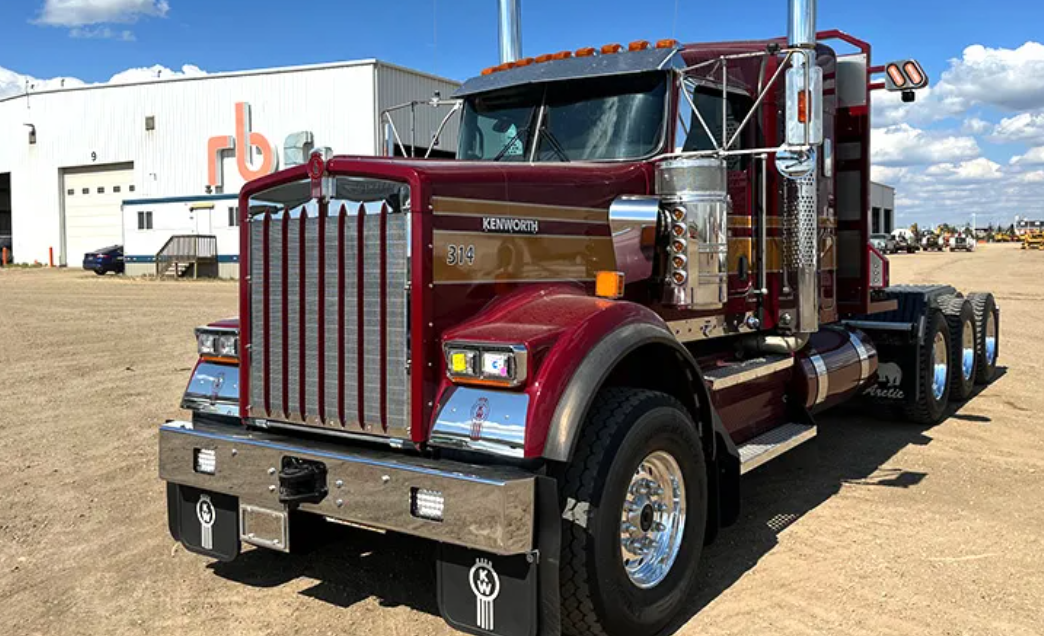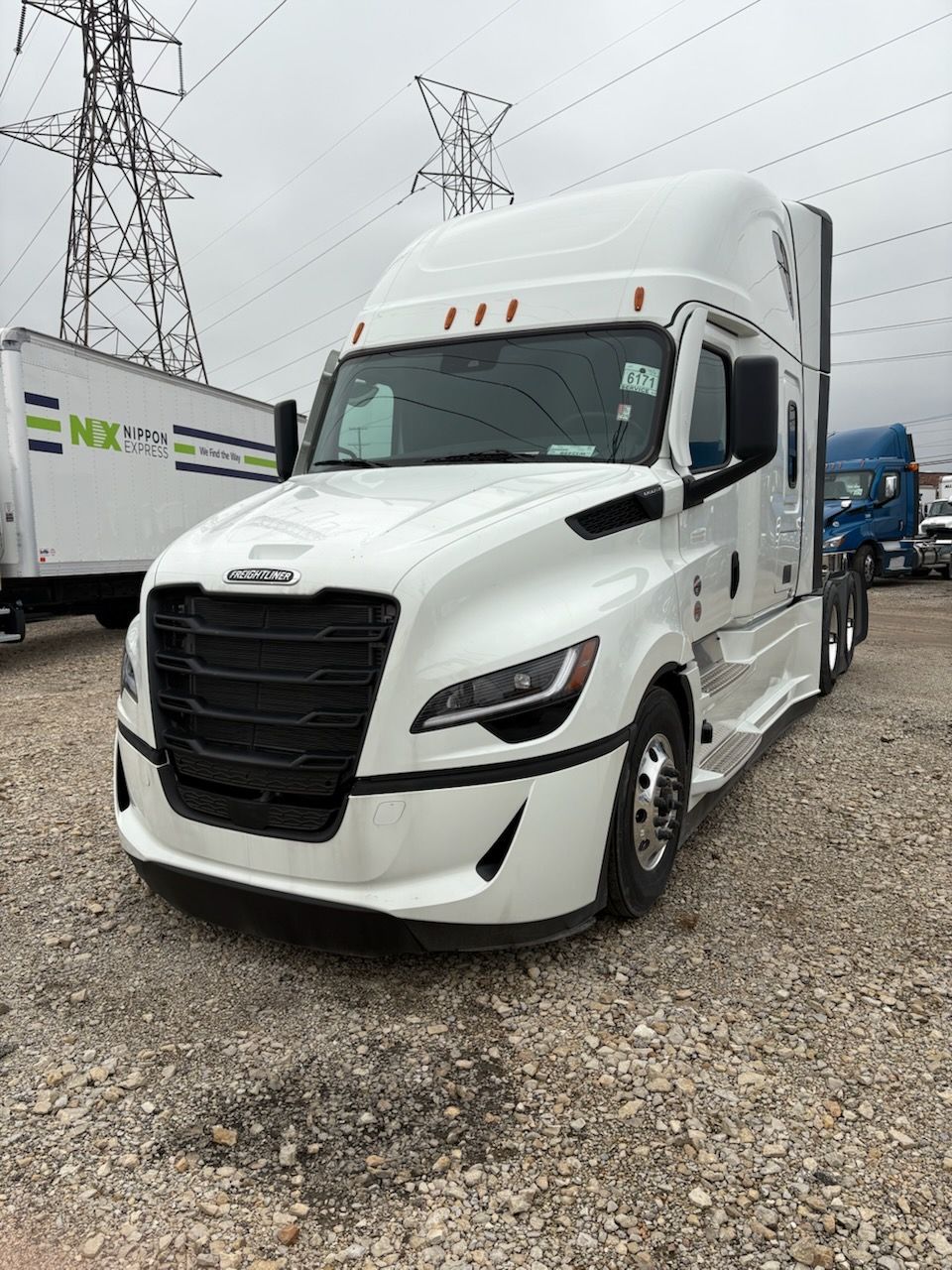The Hidden Threat on the Highways
Share this Article:
Guy Fieri and Sammy Hagar Tequila Heist

When celebrity chef Guy Fieri and rock legend Sammy Hagar announced that two trucks carrying over 24,000 bottles of their Santo Tequila had been hijacked in Laredo, Texas, it made headlines not just because of their fame but because it spotlighted a growing crisis in the freight industry: double brokering freight theft. The $1 million loss was more than a blow to their business; it was a stark illustration of a systemic vulnerability that affects countless companies and consumers alike.
Understanding Double Brokering Freight Theft
Double brokering occurs when a freight carrier illegally re-brokers a load to another carrier without the shipper's knowledge or consent. In legitimate scenarios, brokering can help optimize logistics by matching shippers with carriers. However, when misused, it becomes a tool for criminals to exploit the supply chain. The original shipper believes their goods are in trusted hands, while the actual carrier may be an unvetted or even nonexistent entity. This creates an opaque chain of custody, making it easier for thieves to abscond with valuable cargo.
In the case of Santo Tequila, the trucks were "illegally double brokered" to unauthorized carriers. The criminals used GPS emulator applications to spoof tracking signals, misleading the company into believing their shipments were on course. By the time irregularities were noticed, the trucks—and the tequila—had vanished.
The Broader Implications
While the theft of premium tequila garners attention, the issue extends far beyond this high-profile case. According to data analytics from Verisk's CargoNet, cargo theft reached an all-time high in 2024, with a projected increase of over 25% from the previous year. Hard liquor has become a prime target, but the problem affects all types of freight, from electronics to pharmaceuticals.
The financial impact is staggering. Businesses face not only the immediate loss of goods but also the ripple effects on their supply chains, customer relationships, and brand reputation. Small and medium-sized enterprises are particularly vulnerable, as they may lack the resources to absorb such losses or implement advanced security measures.
For consumers, these thefts can lead to higher prices and reduced availability of products. In the case of Santo Tequila, the holiday season—a peak time for sales—will see shortages. "We've worked so hard to build this brand," Fieri lamented. "Now, whatever's on the shelf is all people are going to get."
Why Is Double Brokering So Prevalent?
Several factors contribute to the rise of double brokering freight theft:
- Technological Exploitation: While technology has streamlined logistics, it has also provided new tools for criminals. GPS spoofing, as used in the Santo Tequila heist, allows thieves to mask their movements. Online freight marketplaces, if not properly secured, can be infiltrated by fraudulent entities posing as legitimate carriers.
- Regulatory Gaps: The freight industry is vast and fragmented, with varying levels of oversight. Criminals exploit regulatory loopholes and the lack of standardized vetting processes across states and companies.
- Economic Pressures: High demand for freight services, coupled with a shortage of qualified drivers, creates opportunities for unscrupulous operators to enter the market. Desperate shippers may cut corners on vetting to meet tight deadlines.
- Limited Law Enforcement Resources: Cargo theft is often considered a low priority compared to other crimes, leading to insufficient investigative resources. The multi-jurisdictional nature of freight movement complicates enforcement efforts.
The Human Element
Beyond the financials, there's a human toll. "Our independent distiller in Mexico relies on our sales for his team's livelihood," noted Dan Butkus, president of Santo Spirits. "This loss affects not just us but everyone from the distillery to our sales and marketing teams." Employees may face reduced hours or layoffs due to the financial strain. Trust within the industry erodes, making partnerships more challenging.
Mitigating the Risk
Addressing double brokering freight theft requires a multifaceted approach:
- Enhanced Verification Processes: Shippers and brokers must implement rigorous vetting procedures. This includes verifying carrier credentials, insurance, and safety records. Utilizing platforms with robust security features can help authenticate parties involved.
- Technological Solutions: Advanced tracking technologies like blockchain can provide immutable records of freight movements. Investing in tamper-proof GPS devices and real-time monitoring systems adds layers of security.
- Regulatory Reform: Industry associations and government agencies should collaborate to establish standardized regulations that close loopholes exploited by criminals. Mandatory reporting and stricter penalties for double brokering violations could act as deterrents.
- Industry Collaboration: Sharing information about fraudulent activities and suspected entities can help prevent future incidents. Organizations like CargoNet facilitate data exchange and support law enforcement efforts.
- Education and Training: Companies should educate their staff about the risks and signs of double brokering fraud. Training drivers and logistics personnel to recognize suspicious activities can preempt thefts.
A Collective Responsibility
While individual companies can take steps to protect themselves, combating double brokering freight theft ultimately requires collective action. Industry stakeholders must recognize that vulnerabilities in one area can have cascading effects throughout the supply chain.
Law enforcement agencies need adequate resources and specialized training to tackle these sophisticated crimes. Public awareness can also play a role. As Fieri and Hagar's case demonstrates, high-profile incidents can draw attention to the issue, potentially spurring action.
Hijacking of Santo Tequila Conclusion
The hijacking of Santo Tequila's shipments is a wake-up call for the freight and logistics industry. It's a vivid example of how double brokering freight theft is not just a theoretical risk but a tangible threat with real-world consequences. Businesses, big and small, are at risk of significant losses that can disrupt operations and livelihoods.
As Guy Fieri aptly put it, "I never thought we'd be dealing with a heist like this, but it's real, and we're doing everything we can to move forward." Moving forward means acknowledging the severity of the problem and committing to comprehensive solutions. It requires investment, cooperation, and a willingness to adapt to new challenges.
In an era where supply chains are the backbone of the global economy, ensuring their security is not just a business imperative but a societal one. The road ahead may be complex, but with concerted effort, we can turn the tide against freight theft and safeguard the integrity of our supply networks.
Bloom Services
We aim to make your transition into our company as seamless as possible. We cover the costs of your hotel, and Uber from the airport for orientation, we reimburse flights and travel to orientation, which takes place in Bloomingdale, IL. Orientation is concise, typically lasting only a day, so you can quickly get back on the road and start earning.
By joining our team, you are not just taking a job; you are becoming part of a community that values your skills, respects your time, and rewards your efforts. We look forward to welcoming you aboard and supporting you in achieving your professional and personal goals.
For more information or to apply, visit https://ats.bloomtrucks.com/apply or call us at 630-504-6126.



